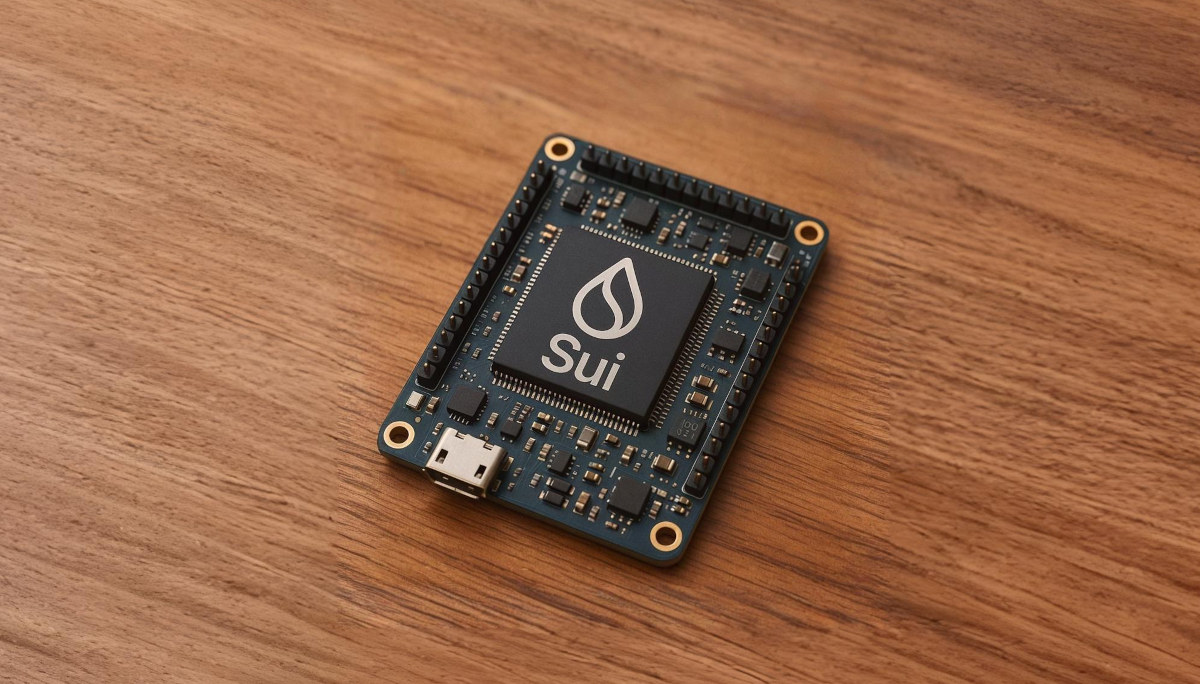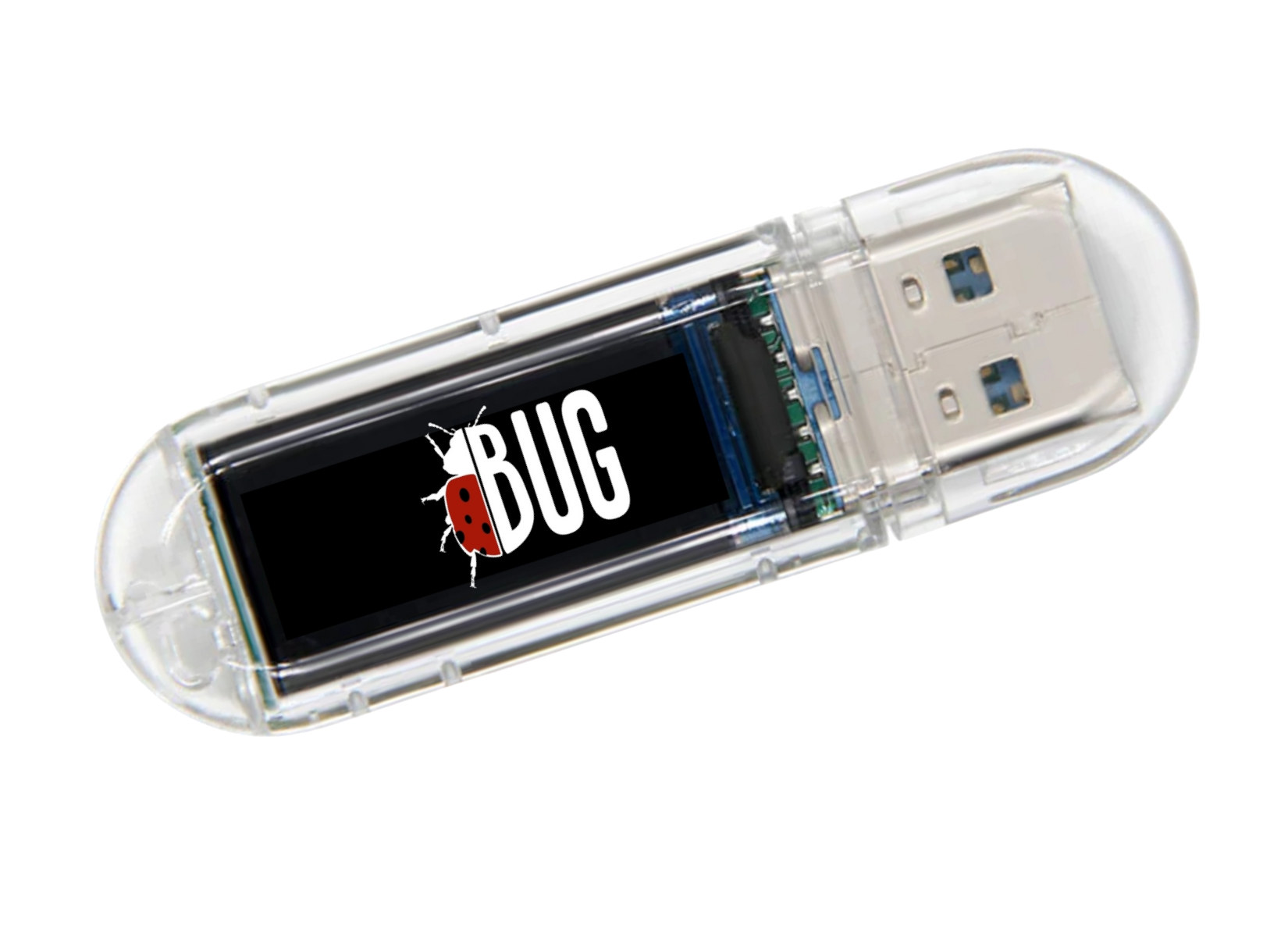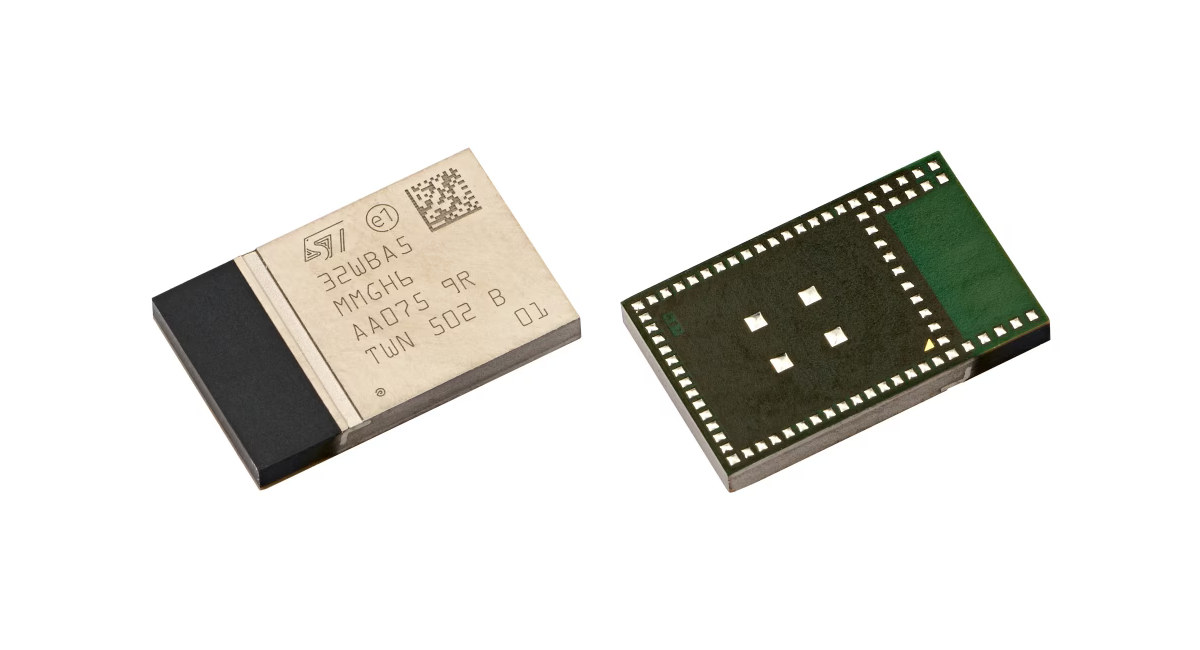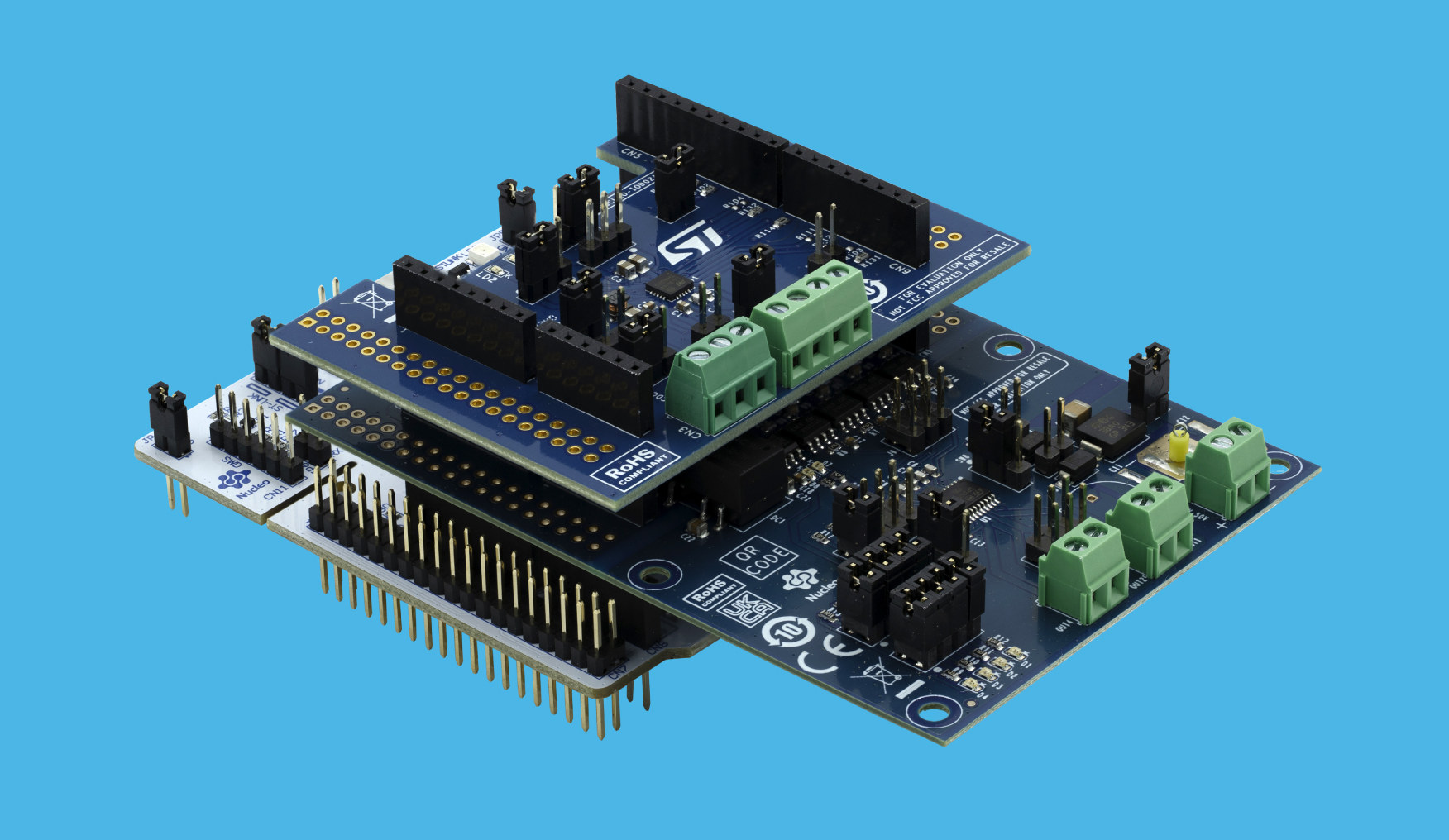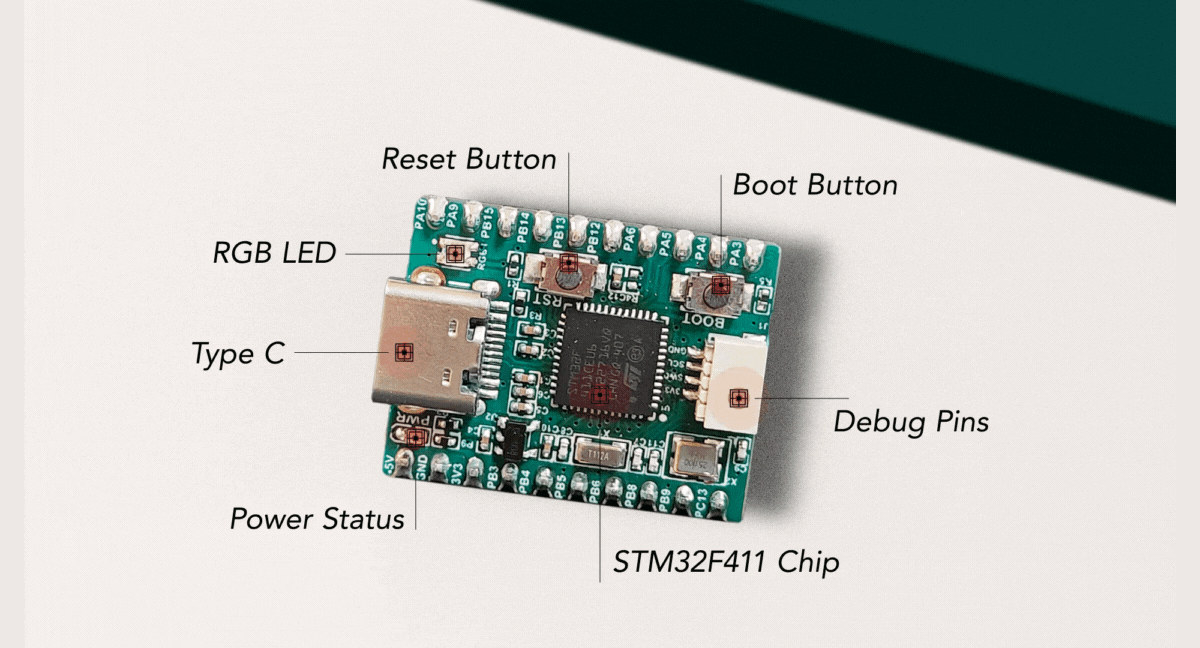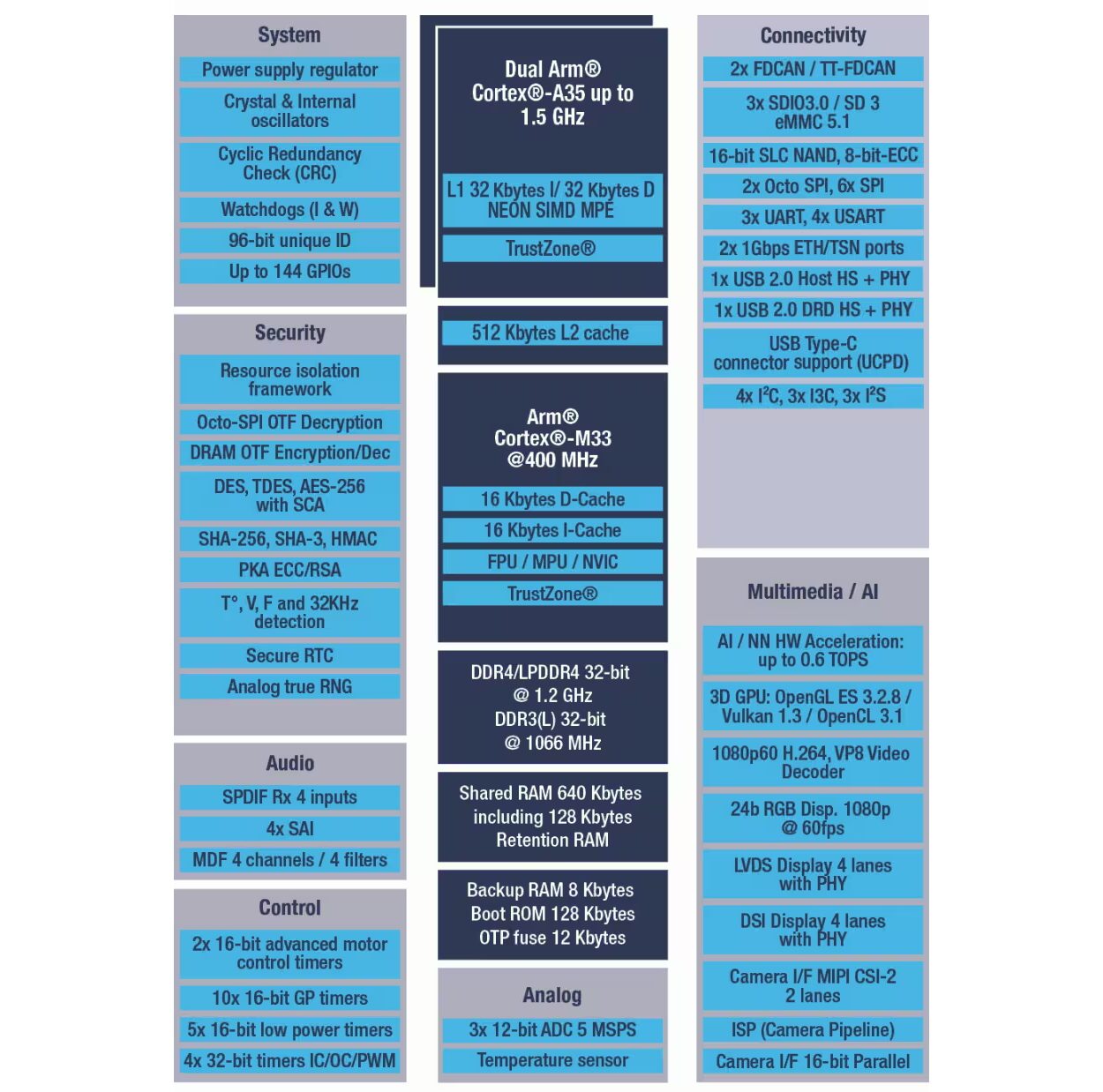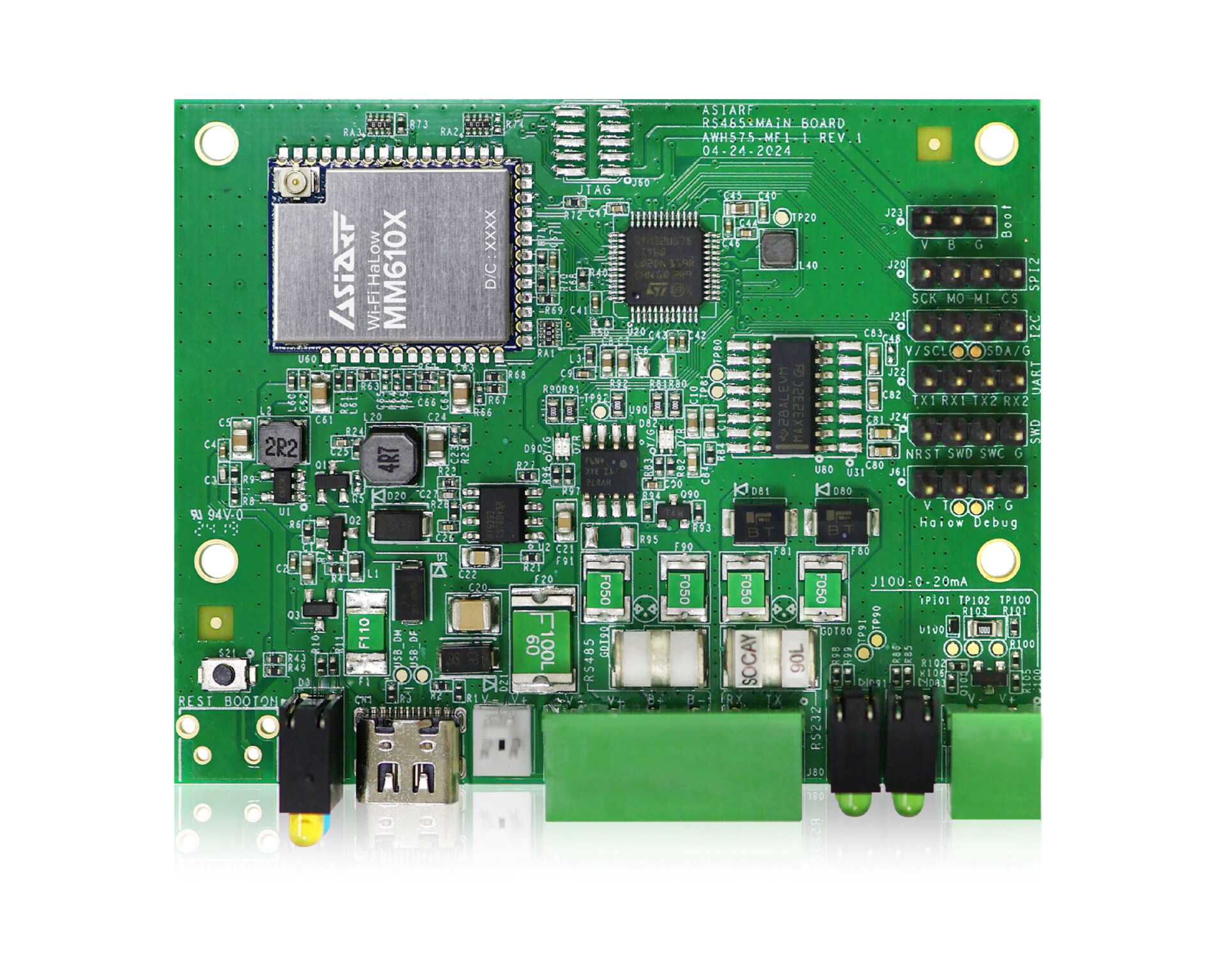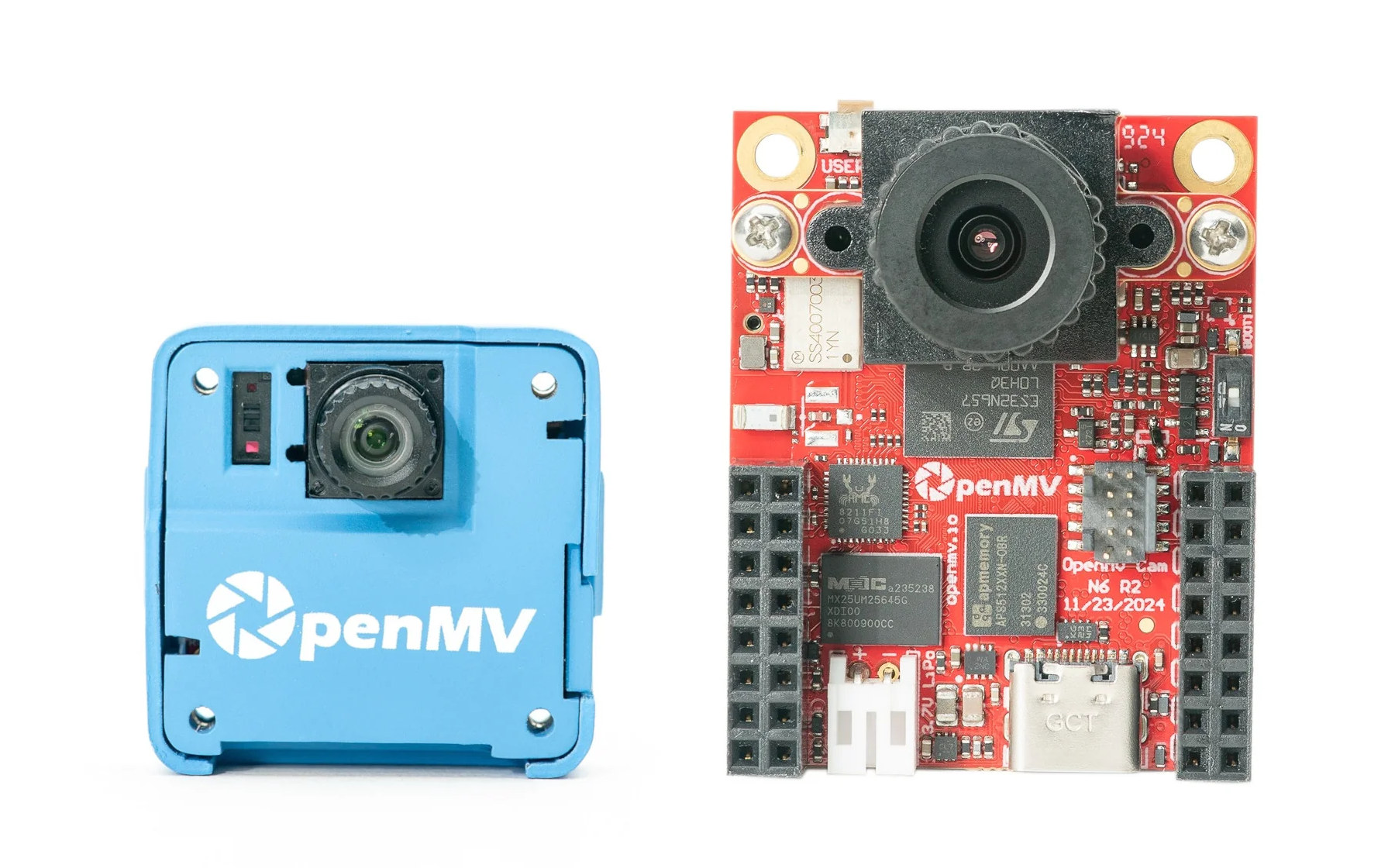MicroSui (Sui Embedded Framework) is a lightweight, modular, open-source C framework that brings the Sui Network to microcontrollers from low-end 8-bit MCUs like AVR to more powerful 32-bit SoCs like the ESP32. Wait… What’s the Sui Network / Protocol exactly? It’s a blockchain platform designed for high-speed, scalable, and low-cost decentralized applications, which was introduced in May 2023 by Mysten Labs, a company founded by former Meta engineers. It competes with networks like Solana and Ethereum but with better performance. So far, the Sui Network works with web and mobile applications, but MicroSui aims to expand its usage to resource-constrained embedded devices. We’re told MicroSui provides support for all core operations such as key management, transaction construction, signing, and broadcast. It is a pure-C library with no OS dependency or dynamic memory usage, so it can be deployed on a wide range of microcontrollers. Higher-end microcontrollers with Internet access, such […]
BUG: ethical hacking USB device with RP2040, ESP32-S3, or STM32 MCU (Crowdfunding)
Tarun’s BUG is a USB stick with a small display described as an “AI-powered Ethical Hacking Device”, supporting voice control, and offered with either a Raspberry Pi RP2040 dual-core MCU, Espressif Systems ESP32-S3 wireless SoC, or STM32F411 Cortex-M4F microcontroller. The device also features a microSD card for storage, and WiFi and BLE connectivity for the ESP32-S3 version. The BUG is said to offer “cutting-edge HID injection capabilities” (e.g. keyboard/mouse emulation) with wireless control and ChatGPT integration. It is made for ethical hackers, cybersecurity trainers, tech educators, and DIY makers. BUG specifications: Microcontroller (one or the other) Raspberry Pi RP2040 dual-core Cortex-M0+ microcontroller @ up to 133 MHz with 264KB SRAM Espressif ESP32-S3 dual-core LX7 microcontroller @ 240MHz with vector instructions, 512KB SRAM, WiFi 4 and Bluetooth 5.x connectivity STMicro STM32F411 Arm Cortex-M4F MCU @ 100MHz with 512KB Flash, 128KB SRAM Storage – MicroSD card slot inside the USB Type-A port […]
STMicro STM32WBA5MMG is a tiny wireless module with Bluetooth LE 6.0, Zigbee 3.0, and OpenThread
STMicro’s STM32WBA5MMG is a tiny (12.5 x 8 mm), ultra-low-power 2.4 GHz wireless module based on the STM32WBA55UG wireless microcontroller with support for Bluetooth 6.0 LE, Zigbee 3.0, and OpenThread. The company further adds that designing a board for the module does not require any RF expertise, it provides a fully integrated Bill of Materials (BOM) with 32 MHz and 32 kHz crystals and integrated antenna matching or optional external antenna configurations, and its compatibility with 2-layer PCBs helps reduce costs. STM32WBA5MMG specifications: Wireless MCU – STMicro STM32WBA55UG Core – 32-bit Arm Cortex-M33 CPU with TrustZone®, MPU, DSP, and FPU Memory – 128 KB SRAM, including 64 KB with parity check Storage 1 MB flash memory with ECC, including 256 KB with 100 kcycles 512-byte (32 rows) OTP ART Accelerator – 8 KB instruction cache allowing 0-wait-state execution from flash memory (frequency up to 100 MHz, 150 DMIPS) Wireless Bluetooth […]
$130 STMicro P-NUCLEO-IOD5A1 modular IO-Link development kit features STM32, transceiver, and actuator boards
STMicroelectronics P-NUCLEO-IOD5A1 is a new modular IO-Link development kit designed to simplify building actuators and sensors by providing all necessary hardware and software for industrial automation projects. We’ve recently come across more solutions for the 3-wire IO-Link bi-directional and point-to-point (P2P) industrial communication protocol based on the IEC 61131-9 standard with ICs and products such as Renesas CCE4511 IO-Link master, STMicro EVLIOL4LSV1 IO-Link actuator board, and an IO-Link Master HAT for the Raspberry Pi. The P-NUCLEO-IOD5A1 devkit appears to be an all-in-one IO-Link combining all hardware needed for prototyping. P-NUCLEO-IOD5A1 content: MCU Board – NUCLEO-G071RB board based on STMicro STM32G071RB Arm Cortex-M0+ MCU @ 64 MHz with 128 KB flash and 36 KB RAM, and equipped with Arduino and ST morpho headers. Transceiver board – X-NUCLEO-IOD02A1 with L6364Q dual-channel IO-Link physical layer IC to handle communication with the IO-Link master. It also includes protection against surges and reverse connection Actuator board […]
Xero MCU is a compact USB-C board based on STM32F411 microcontroller (Crowdfunding)
Xero MCU is a small STMicro STM32F411 Arm Cortex-M4F microcontroller board with a USB-C port, twenty through and castellated holes for GPIOs, a Debug connector, Reset and Boot buttons, and a few LEDs. The 100 MHz MCU embeds 512KB flash and 128KB SRAM, and the board is said to be designed for hobbyists, students, and professionals. For reference, the Xero MCU board features the same STM32F411CEU6 microcontroller found in the Black Bill board. However, it’s quite shorter at about half the size, and features castellated edges, making it suitable for soldering on a baseboard. Xero MCU specifications: Microcontroller – STMicro STM32F411CEU6 Arm Cortex-M4F MCU @ 100MHz with 512KB Flash, 128KB SRAM USB – 1x USB Type-C port for power and programming Expansion – 2x 20-pin through and castelled holes with up to 17x GPIO, I2C, 2x SPI, 2x UART, 4x ADC, 5V, 3.3V, and GND Debugging – 4-pin debug connector […]
STMicro STM32MP23 Cortex-A35/M33 MPU features a 600 GOPS NPU for industrial IoT and ML applications
STMicroelectronics STM32MP23 is a dual-core Cortex-A35 general-purpose microprocessor (MPU) with a Cortex-M33 real-time core, and 600 GOPS of performance operating at up to 125°C and designed for industrial and Internet-of-Things (IoT) edge computing, advanced HMI, and machine-learning (ML) applications. It follows the STM32MP25 series unveiled in 2023 and launched the following year as the first member of the STM32MP2 family. The STM32MP23 is a cost-down version of the STM32MP25 with similar specifications (and pin-to-pin compatible packages), but the new family has a weaker 0.6 TOPS NPU, and tops at two Ethernet ports for the high-end parts instead of three. Ditto for CAN Bus interfaces (2x vs 3x). Other changes include a 16-bit memory interface and the lack of PCIe and USB 3.0 interfaces. STM32MP23 specifications: CPU – Single or dual Arm Cortex-A35 cores running at up to 1.5 GHz or 1.2 GHz with 512KB L2 cache Real-time MCU – Arm […]
AsiaRF AWH575-MF1 WiFi HaLow industrial IoT controller offers RS232, RS485, I2C, SPI, UART, and ADC interfaces
AsiaRF AWH575-MF1 is a WiFi HaLow industrial IoT controller / remote control kit with RS232, RS485, I2C, SPI, UART, and 12-bit ADC interfaces to connect sensors or actuators and designed for long-range, low-power M2M communication. The board is comprised of an STMicro STM32U5 Cortex-M33 microcontroller to handle I/Os and communicate with an MM6108 WiFi HaLow (802.11ah) module made by AsiaRF. The board takes power from a USB-C port or optionally from a terminal block supporting a wider 9V to 24V DC input. AsiaRF AWH575-MF1 specifications: MCU – STMicro STM32U585CIT6Q CPU – Arm Cortex-M33 core @ 160 MHz Memory – 786 KB SRAM Storage – 2MB Flash Wi-Fi HaLow AsiaRF 802.11ah module based on Morse Micro MM6108 chipset Frequency Range – 902MHz to 928MHz Channel bandwidth – 1/2/4/8MHz Data Rate – Single-stream max data rate of 10 Mbps Transmit Power – 21dBm +/-2dBm @ MCS 0 Modulation – BPSK/QPSK/16 QAM/64 QAM […]
MicroPython-programmable OpenMV N6 and AE3 AI camera boards run on battery for years (Crowdfunding)
OpenMV has launched two new edge AI camera boards programmable with MicroPython: the OpenMV AE3 powered by an Alif Ensemble E3 dual Cortex-M55, dual Ethos-U55 micro NPU SoC, and the larger OpenMV N6 board based on an STMicro STM32N6 Cortex-M55 microcontroller with a 1 GHz Neural-ART AI/ML accelerator. Both can run machine vision workloads for several years on a single battery charge. The OpenMV team has made several MCU-based camera boards and corresponding OpenMV firmware for computer vision, and we first noticed the company when they launched the STM32F427-based OpenMV Cam back in 2015. A lot of progress has been made over the years in terms of hardware, firmware, and software, but the inclusion of AI accelerators inside microcontrollers provides a leap in performance, and the new OpenMV N6 and AE3 are more than 100x faster than previous OpenMV Cams for AI workloads. For example, users can now run object […]


